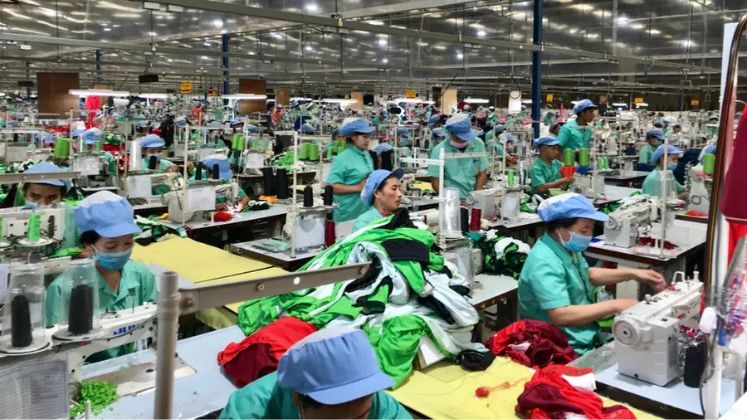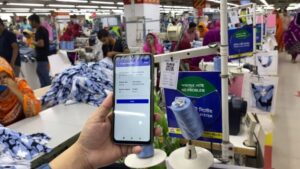
The international research and advocacy group, Human Rights Watch, has raised serious concerns about the effectiveness of social audits and certifications utilised by clothing brands to safeguard the rights of garment workers.
According to Human Rights Watch, these mechanisms are deemed ‘completely inadequate.’
To support its assertion, Human Rights Watch conducted an analysis of social audit reports from 40 apparel factories in Bangladesh. These reports were provided by a European apparel brand in 2018. The findings were troubling as most of the audits failed to address the crucial issue of freedom of association.
Moreover, in several instances, the reports appeared to reuse language from audits conducted in other factories.
Human Rights Watch has drawn a connection between these inadequacies and the tragic murder of union leader Shahidul Islam earlier in the year even as it asserted that this incident underscored the gravity of these shortcomings and called on brands to reconsider their methods of monitoring workers’ rights within their supply chains.
In June, the Clean Clothes Campaign, a labour union NGO, and the Bangladesh Garment Manufacturers and Exporters Association (BGMEA) jointly urged the Bangladesh Government to investigate the murder of Shahidul Islam.
Aruna Kashyap, the associated corporate accountability director at Human Rights Watch, has expressed that Islam’s tragic killing serves as a stark reminder of the dangers faced by independent labour union leaders.
Kashyap contends that brands and suppliers should not rely on social audits and certifications, particularly in preventing violence and harassment against workers who seek to establish or join independent labour unions.






